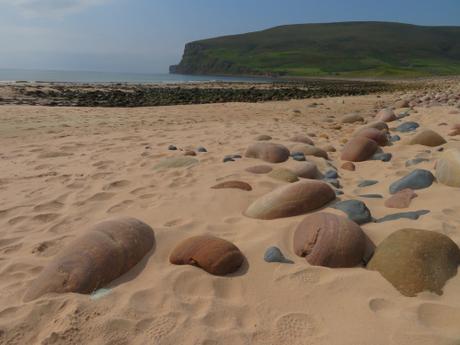
I think we are used to the idea – in fact take it for granted – that we can make choices across many different aspects of our life, going from the routine, such as choice of breakfast cereal, to the more significant, such as choice of school or doctor.
In an earlier journal entry, I highlighted the extent of choice now available in the world of pensions. And what I wanted to emphasize was that this choice is full of complexity and very hard to navigate. There is, in fact, an argument for saying that, in certain situations, individuals and/or society might be better off if choice was removed and the default made the only option.
In the world of sustainability, which is another area full of difficult choices hard for the layman to accurately evaluate in terms of what is best for them or the planet, similar dynamics are at play. In some cases, it is ‘better’ all round to take choice away and put the ‘best option’ as the default. Free-range eggs are now sold in greater volumes than cage-farmed ones in the UK, in large part because major players, from retailers, such as Sainsburys, to food service operators and manufacturers, for example Hellmann’s mayonnaise from Unilever to MacDonalds, have gone free-range, reducing demand for caged eggs.
In pensions, both the share and absolute number of people saving into a pension has increased massively. This is not to do with more choice but a default option being brought in – namely auto-enrolment. And now there are plans to introduce ‘choice reduction’ in other elements of the retirement journey. As part of a recent extensive review of retirement outcomes, the FCA proposed that pension providers offer non-advised customers a choice of four investment pathways to best meet their retirement objectives – much simpler than having to work out if/how much money to take out now or later and what/how to save for later.
In other tricky markets, such as energy and other utilities where consumers can switch and choose but often don’t, other developments are afoot. In October 2018, Ofgem announced that it would be introducing price caps. This has meant that suppliers have to cut their prices to the level of or below the cap, forcing them to scrap excess charges for people on poor value default deals. https://www.ofgem.gov.uk/publications-and-updates/ofgem-proposes-price-cap-give-11-million-customers-fairer-deal-their-energy
In the face of increasing use of defaults and market intervention, strengthening the paternalistic perspective (‘we know best’), has peak choice had its moment?
Advertisements